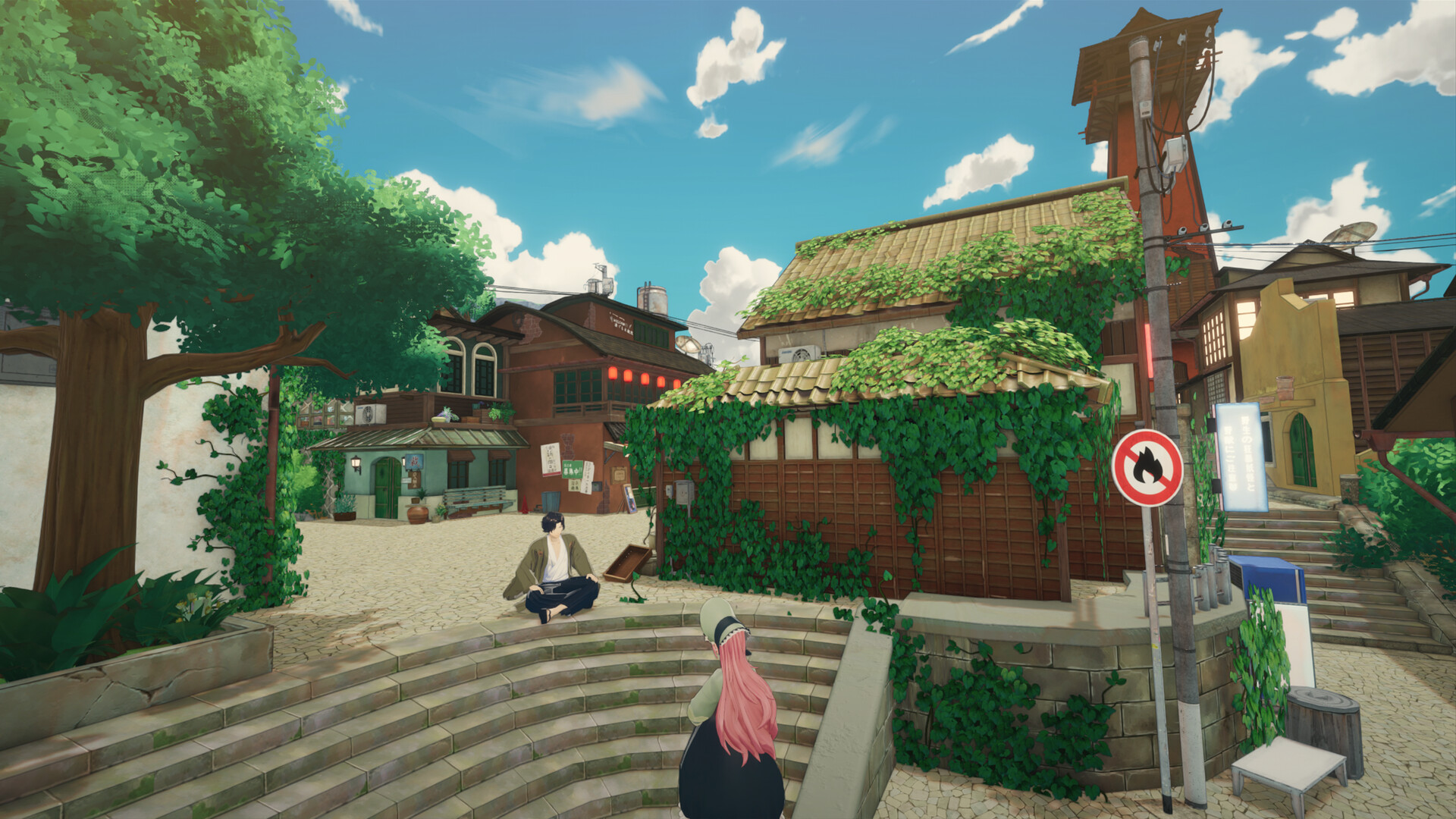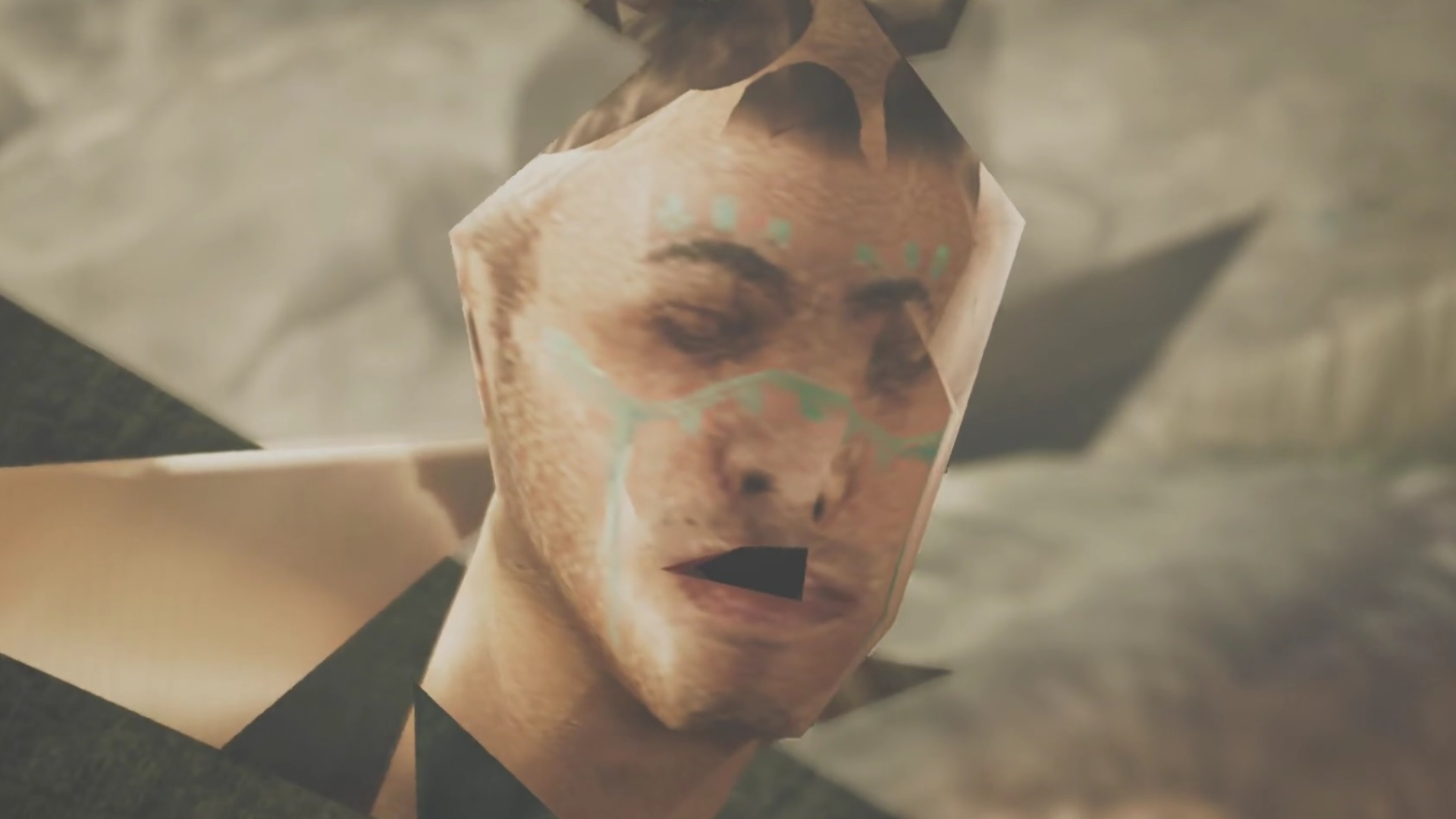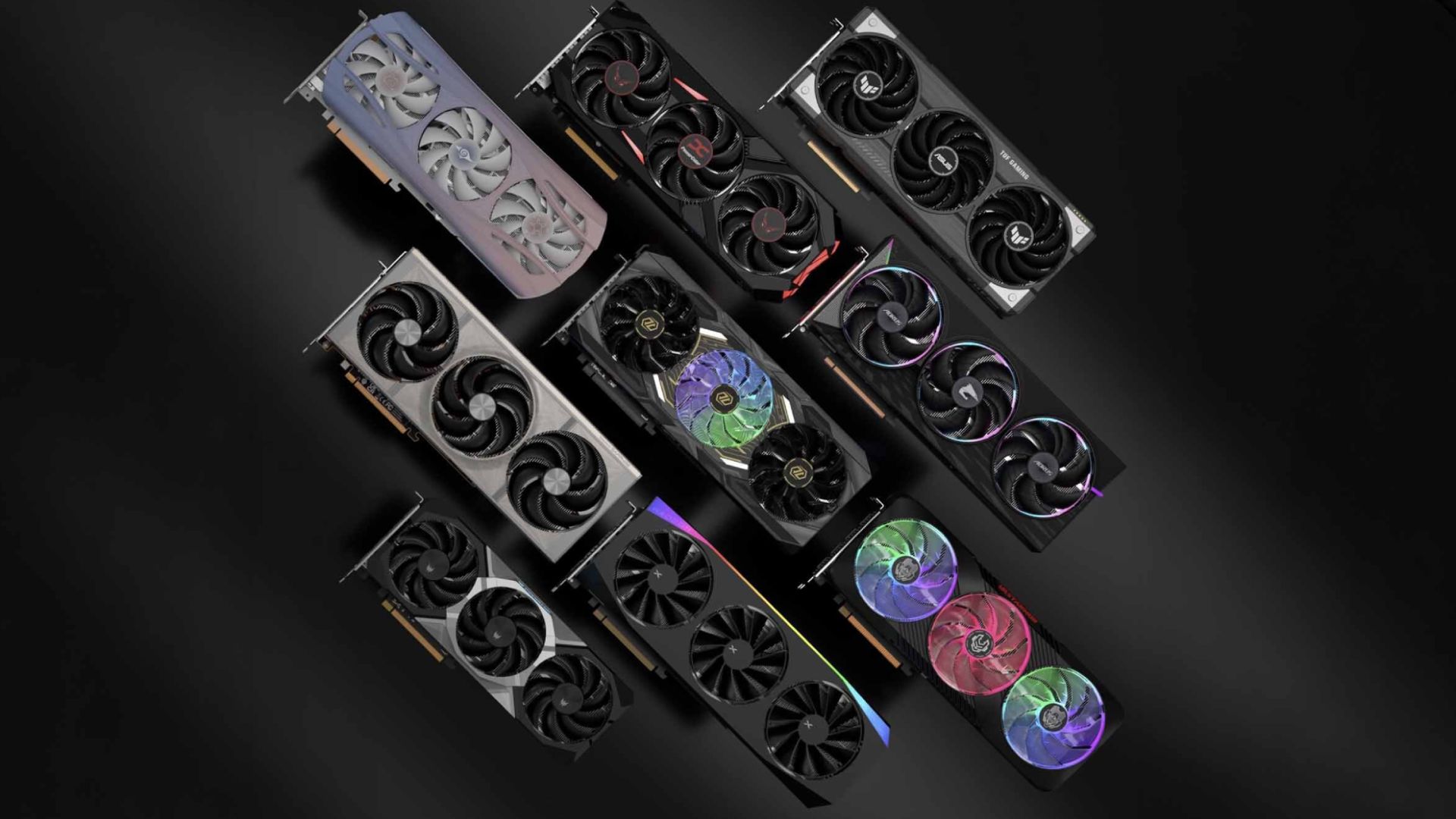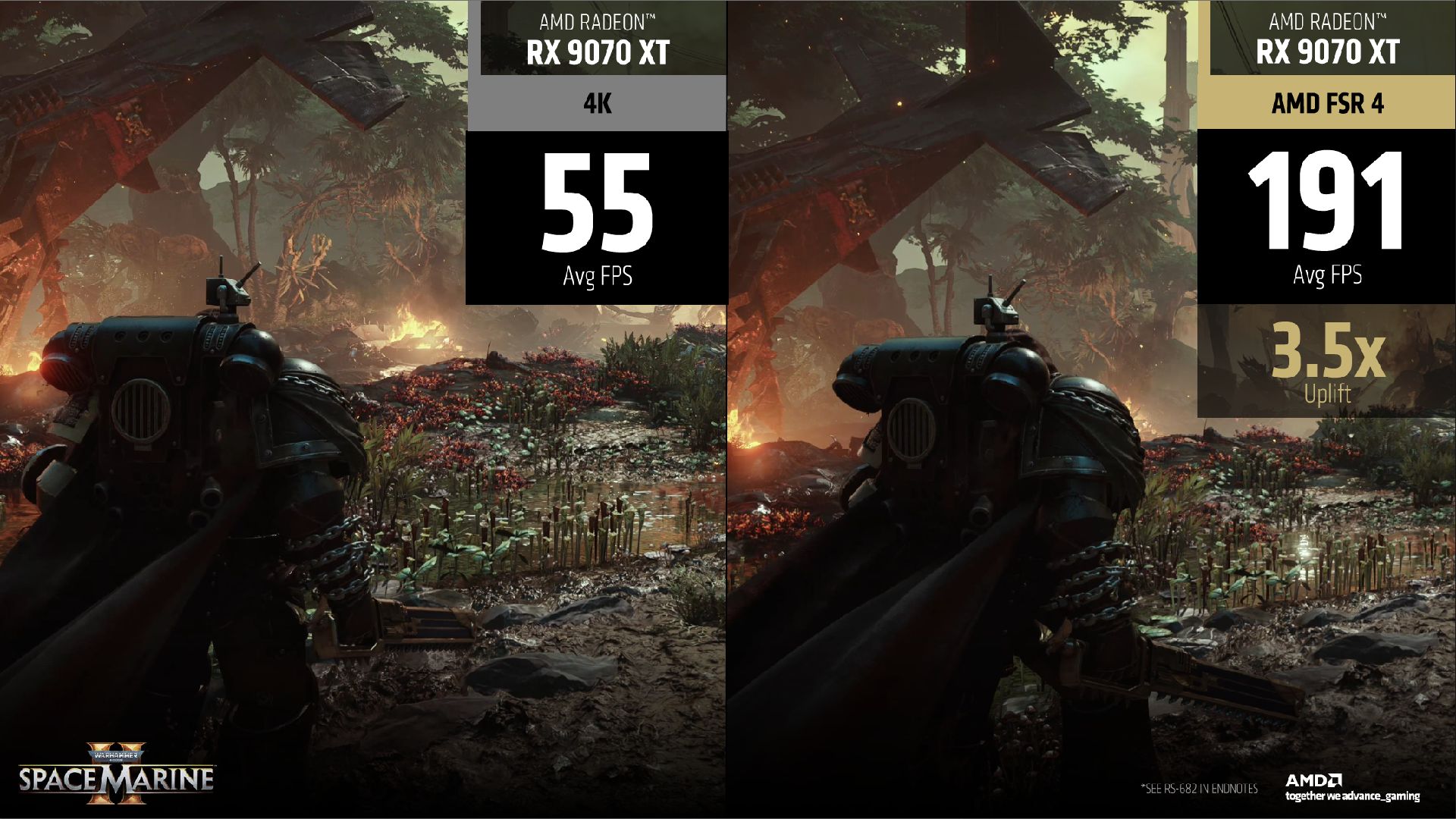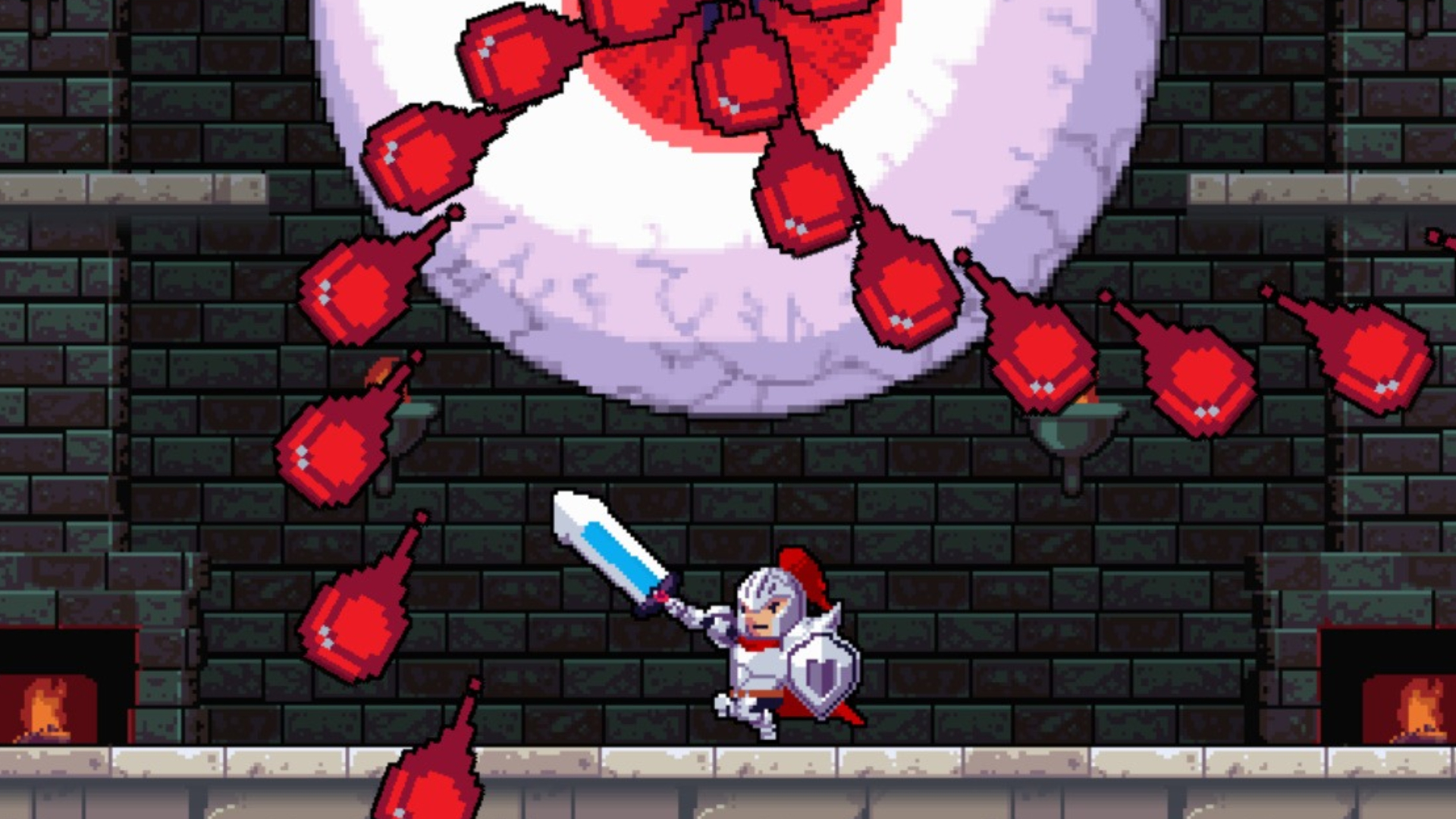
Legacy secured.
More than 10 years after its release, Rogue Legacy has proven itself one of the most aptly named games of all time. With its incremental progress across countless generations of dyslexic, incontinent knight-children, the 2D roguelite metroidvania was such a frontrunner of the modern indie roguelite boom that our coverage of its 2013 release had to define “rogue-lite” in its first paragraph. Now, Rogue Legacy developer Cellar Door Games is securing its legacy all over again by officially releasing the game’s source code.
Cellar Door announced the source code release yesterday on X. “It’s been over 10 years since we released Rogue Legacy 1,” Cellar door said, causing a small jolt of existential panic for any readers who were forced to acknowledge the dire, dauntless march of time. “And in the pursuit of sharing knowledge, we are officially releasing the source code to the public.”
It’s been over 10 years since we released Rogue Legacy 1, and in the pursuit of sharing knowledge, we are officially releasing the source code to the public.https://t.co/BwIYTBIn7XEternal thanks to @flibitijibibo for setting this up, and being with us since the beginning.October 15, 2024
The Rogue Legacy 1 source code repository on github is being managed and maintained by Linux porter and FNA developer Ethan Lee, who’s previously contributed to the source code releases for VVVVVV and Flotilla. Released under a custom license, the code is free to download and compile for any personal and non-commercial use.
Releasing a game’s source code is one of the more admirable things an indie developer can do with their software. Game development is at times described as a black box; at others, it’s compared to a kind of witchcraft. When it’s a miracle that any game is ever made, unveiling the arcane practices involved in making them playable is a gift for fellow practitioners and hopeful neophytes alike.
Likewise, a public source code release is a huge benefit for game archivists. By making Rogue Legacy’s code freely available, Cellar Door helps to ensure that the game remains accessible regardless of what digital storefronts might close or how its IP might change hands in the future.
Of course, the source code release only includes code; it doesn’t include any of Rogue Legacy’s art or music assets, so you’ll still have to buy a copy to play it. If we’re lucky, maybe we’ll see a Rogue Legacy 2 source code release once another decade passes.


